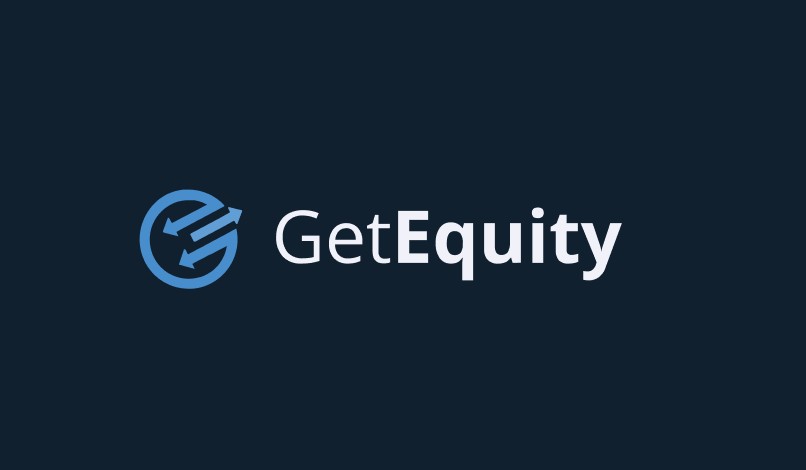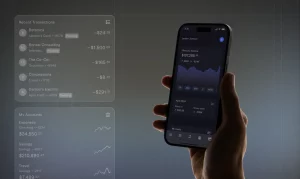When GetEquity launched in 2021, months after Stripe’s $200 million acquisition of Paystack, it entered a market where retail investors dreamed of big returns from angel investing. GetEquity helped these hopeful investors find and fund startups. However, a pullback in venture funding on the continent and worsening macroeconomic conditions means retail investors are unlikely to invest in risky asset classes.
As once well-funded startups struggle and shutter, it is becoming clear to retail investors how difficult venture investing is. GetEquity, whose primary offering has been a platform for retail investors to buy equity in startups, will now offer investors the opportunity to buy relatively safer asset classes like commodities and bonds.
The startup says it is raising $1 million to make it happen.
The startup’s cofounders, Jude Dike, Chigozirim Ugochukwu and Temitope Ekundayo are making this change after a clear-eyed look at the data on how customers have been investing.
“Only 20% of investment portfolios are in high-risk investments like venture capital. 50% of these portfolios are low-risk investments, and the rest are in medium-risk investment vehicles,” said Jude Dike, the startup’s CEO.
Specifically, only 12% of GetEquity’s 14,000 registered users actively invested in equity deals, Dike shared, pointing out the need to raise investment activity if the startup is to reach its revenue goals.
The company claims it generated $320,000 in revenue in 2022 and planned to reach profitability by 2023. It didn’t hit that target despite facilitating 31 funding rounds and three exits.
Avoiding the well-beaten path
“We are ignoring the popular VC advice that you need to conquer your niche first before expanding and realigning the platform to operate the way traditional investment companies for high net-worth Investors do.”
It will compete with wealth management platforms like Risevest, which recently acquired Chaka, Cowrywise, and Piggyvest. However, unlike these companies, GetEquity will not manage funds. Instead, it will pool users’ funds to meet minimum thresholds set by fund managers.
“If you want to speak to invest in an ARM dollar fund, for instance, you need at least $100,000 as an individual. But if GetEquity was providing that access to you at $100, this means we are compiling at least $100 from 1000 People to meet that threshold. It’s a win-win situation for everybody.”
[ad]In Nigeria, the startup’s home country, this method of fund aggregation elicited concerns and a viral WeeTracker article that questioned if the company had the requisite licence.
“Nothing the company does is tied to crowdfunding,” Dike said, although the platform pools funds from retail investors to invest in startups.
“The article got us face-to-face with one of our current largest investors.” This investor, according to Dike, “had been trying to also talk with the SEC about regulations for such a platform as they thought it was the new frontier.”
[ad]“In Europe, there is just one license for it all, but in Africa, you have 54 distinct countries, where there’s not even a regulatory framework yet, in about 52 of those 54.”
The company currently lists all its offerings through Regulation S offerings of the US Securities and Exchange Commission and says it expects to do a lot of handholding with the regulators as it threads this new path.
Editor’s note: This article was updated to reflect that GetEquity will not be offering stocks.





















